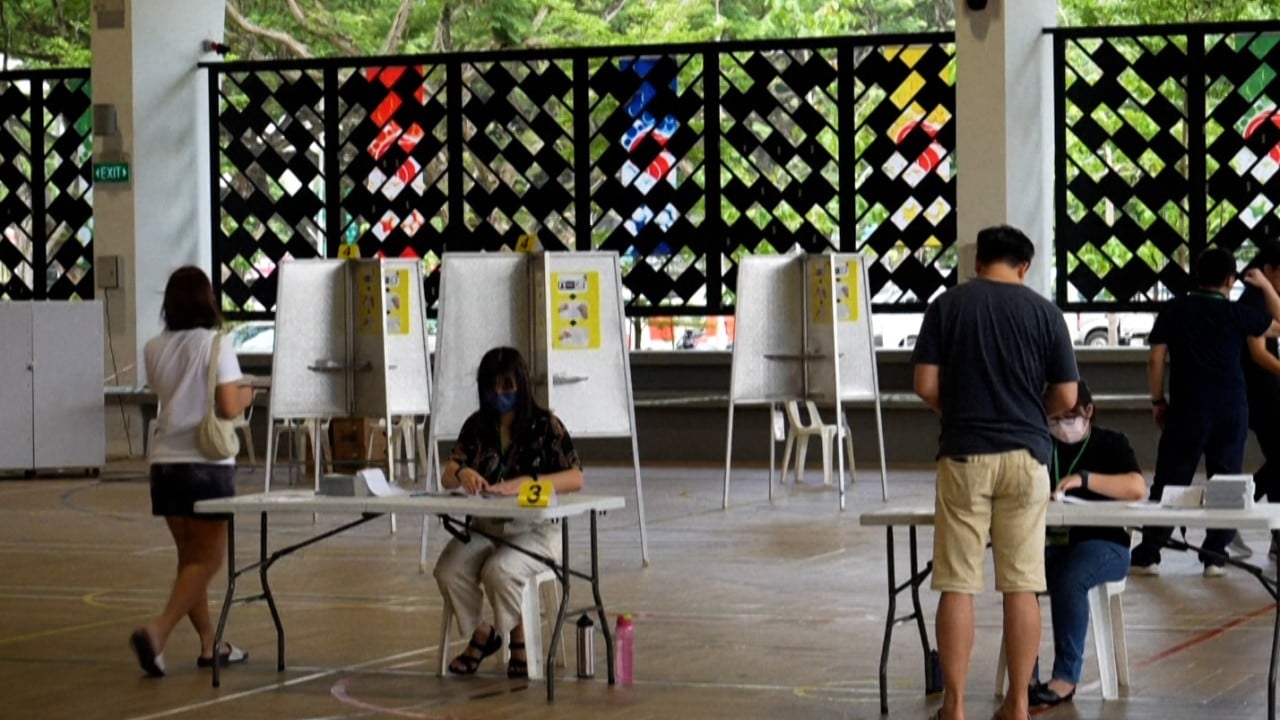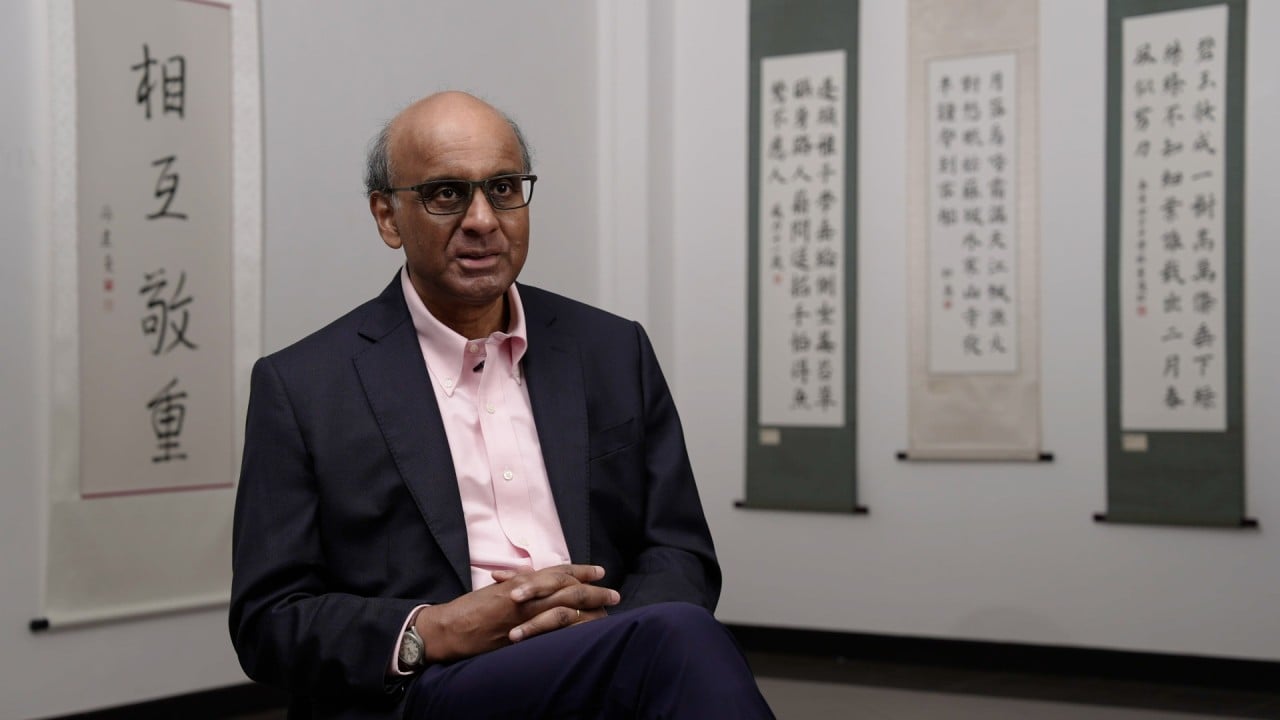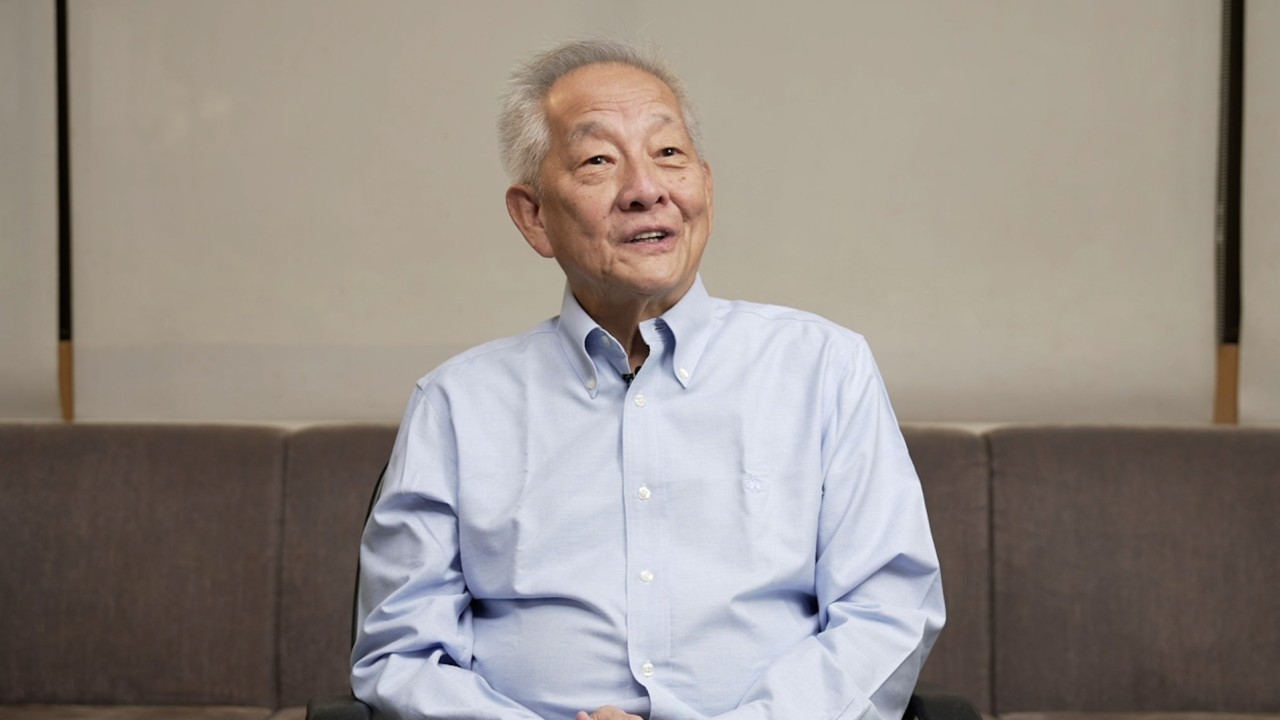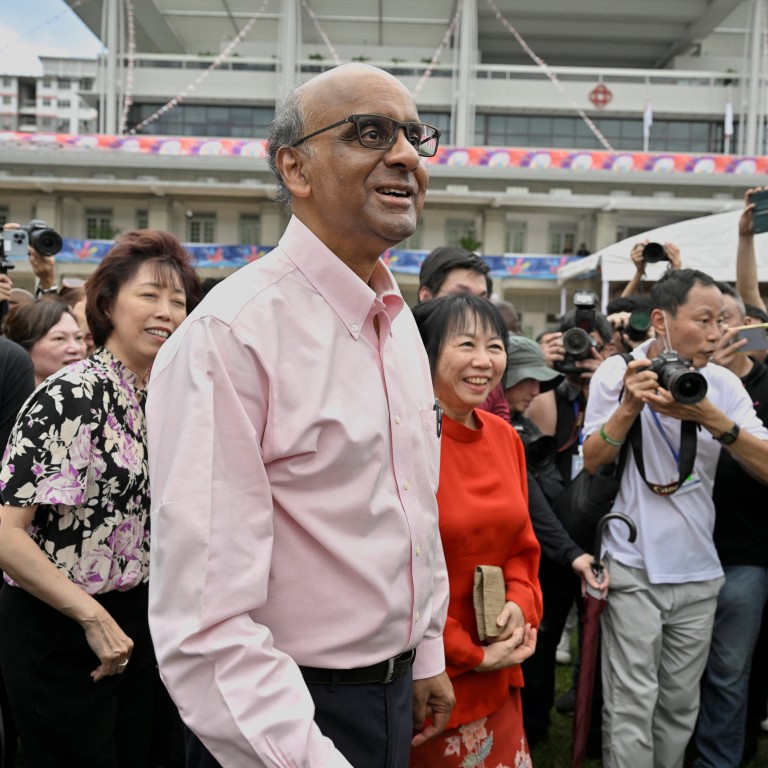
Polls close in Singapore presidential election with Tharman Shanmugaratnam the favourite in 3-way contest
- Friday’s vote is the first contested presidential election since 2011, with the incumbent Halimah Yacob having come to power in a walkover contest in 2017
- Former minister Tharman Shanmugaratnam is favoured to win but analysts believe some voters will use Friday’s vote to voice dissatisfaction with the ruling party
Opinion polls were banned during the nine-day campaign period, but analysts believe the PAP’s large base among the 2.7 million eligible voters will get behind Tharman – one of the party’s most popular leaders in recent decades.
A total of 1,264 polling stations opened at 8am in the compact island nation, which marked an additional public holiday on Friday for the election. Over 2.3 million people, or 85 per cent of eligible voters, had cast their votes by 5pm, the Elections Department said.
There are 10 overseas polling stations, including one in Hong Kong. Singapore’s consulate-general in Hong Kong said voting will proceed in the city despite the hoisting of the No 8 storm warning.
Singaporeans reflect on values, ‘antics’, vows as presidential campaigning ends
Turnout at Singapore’s elections is consistently over 90 per cent, in part due to rules that expunge non-voters from electoral rolls for future elections.
Counting of votes within the republic began immediately after polling stations closed at 8pm. While counting is in progress, the Elections Department will release sample counts that will give an indication of the results.
If the difference in the number of votes for the top candidates is 2 per cent or less, a recount will be held.
A recount was held in 2011’s four-way election, when the eventual winner, former PAP minister Tony Tan Keng Yam, secured victory by a razor-thin 0.35 per cent of votes.
‘No assumption of victory’
Tharman, 66, has said he makes no assumptions of victory. “Never let over-optimistic assumptions get to your head,” the former minister said in a question and answer session with the national newspaper, The Straits Times.
Pitted against one of the juggernauts of contemporary Singapore politics, Ng and Tan have each sought to emphasise that the president needs to be a party outsider to effectively serve his main roles: as a custodian wielding the “second key” of the country’s fiscal reserves, and as the person with power to veto appointments of various senior positions such as the chief justice, the attorney general and the police commissioner.
Tan, who contested 2011’s vote and won 4.91 per cent of votes, in particular, has cast himself as the “truly independent” candidate.
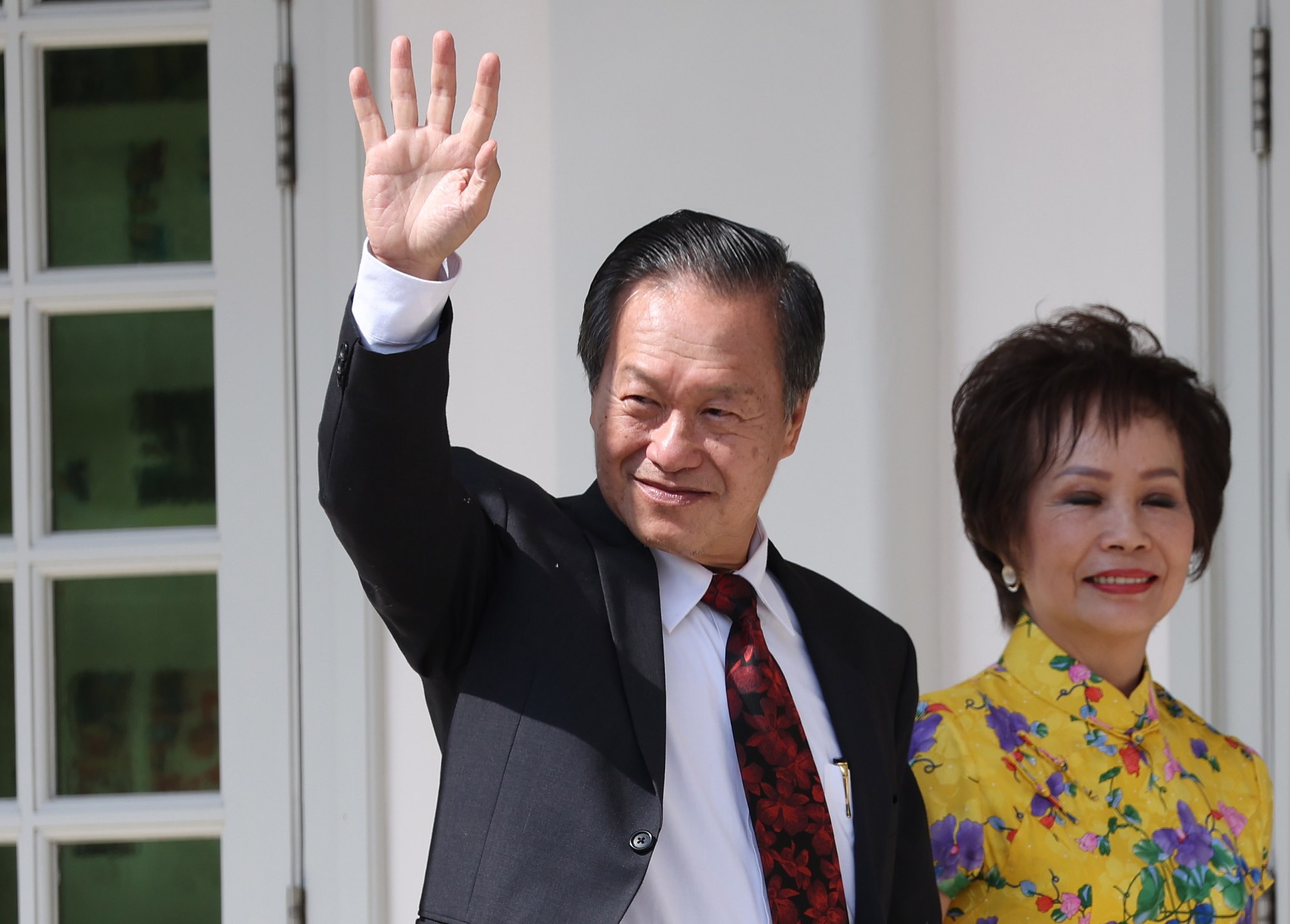
In recent days, senior politicians of minor political parties have lined up to endorse him in their personal capacity.
Ng, 75, meanwhile emphasised his non-partisan track record during a career that spanned roles in GIC, the central bank and the finance ministry – and has pushed back against suggestions that these positions made him loyal to the PAP establishment.
Tharman, for his part, has aggressively challenged suggestions that his record in the PAP was a liability.
A former central banker and economist by training, Tharman entered politics in 2001 serving distinguished stints as education minister, finance minister and deputy prime minister. He quit the PAP in July to stand in the presidential election.
Proxy vote?
Terence Lee, a politics and communications professor at the Sheridan Institute of Higher Learning in Australia, said he believed many Singaporeans were not “fully assuaged or satisfied” by Prime Minister Lee Hsien Loong’s comments in parliament on ensuring high standards of probity in the party following the scandals.
Singaporeans weigh morality in politics as adultery, corruption sagas ‘blow up’
The PAP has not endorsed Tharman, even though its leadership is widely seen as preferring the former senior minister.
The Workers’ Party, the country’s second-biggest political force with eight out of 93 MPs, this week repeated its opposition to the elected presidency system.
Like the PAP, it has not endorsed any candidate.
It has advocated for the president to be a fully ceremonial position appointed by parliament, with the role’s current custodial powers over the use of financial reserves and public-sector appointment transferred to a separate and fully elected senate.
Friday’s poll is only the third time the republic is holding a vote for the presidency, even though the role became a fully elected one in 1991.
Apart from Halimah, S.R. Nathan, who served as the republic’s sixth president from 1999 to 2011, attained and then retained the position through consecutive walkover elections.


